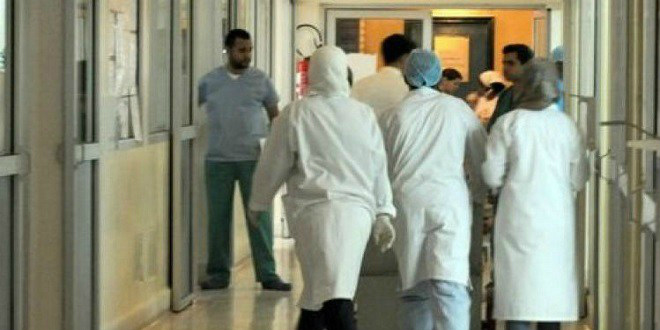
[ad_1]

Par Hajar THE FAKER
Rabat, 22/11/2020 (MAP) – On the occasion of the National Day for the Fight against Cancer, celebrated on 22 November each year, MAP contacted the specialist in oncology and radiotherapy, Dr. Fadwa Qachach, to transmit the progress made by the Kingdom in terms of access to care and reception and assistance facilities, as well as the challenges of early diagnosis, as well as the impact of Covid-19 on cancer patients.
1. What are the different results obtained in terms of access to cancer treatment and reception and care facilities?
In 2010, Morocco implemented the first National Cancer Prevention and Control Plan (PNPCC), in accordance with global recommendations. This plan had established new approaches to prevention, screening, treatment and social support (setting up nursing homes, strengthening palliative care, etc.) and made great progress in the area of cancer care and prevention. .
As oncologists, we have seen the very positive effects of this strategy in the field of oncology and in the treatment of cancer patients in Morocco.
In addition, a new 2020-2029 plan has just been published which recommends consolidating and perpetuating the results of the first 2010-2019 plan, correcting the shortcomings identified, in particular those relating to the governance of the plan and the quality of care, and proposing actions. and innovative measures in all sectors.
2. What progress has Morocco made in terms of treatment?
Oncology in Morocco has made tremendous progress in recent years, notably with the creation of new oncology services in several cities across the Kingdom, thus improving access to care for patients.
There is also better availability of new anticancer therapies such as targeted therapies, immunotherapy and innovative radiotherapy techniques such as intensity modulation radiotherapy and stereotaxic radiotherapy, which is a high precision technique.
3. Can it be said that early detection is the key in the treatment of all types of cancer?
Absolutely. Early diagnosis significantly increases the chances of cancer healing and survival. In addition, some cancers are accessible to simple tests to detect individuals who have cancer but show no symptoms in an apparently healthy population. This is the case, in particular, of breast, prostate and cervical cancers.
Cancer diagnosed late can unfortunately make it impossible to offer treatment and condemn many patients to suffer and die prematurely.
4. Does a person’s emotional state really have an influence on his battle with cancer?
Our emotional health often affects our physical health. Stress, depression and any negative emotions weaken our immune system and can even create hormonal imbalances. This can increase the risk of developing cancers and reduce cure rates.
Stress can also lead the patient to adopt toxic habits such as overeating, smoking and alcoholism, all bad habits that reduce the effectiveness of cancer treatments.
5. What impact does Covid-19 have on cancer patients? What advice can I give them?
This pandemic has unfortunately affected the diagnosis and management of these patients. We have seen an increase in cases diagnosed late after delivery. The end of the screening campaigns during this period also had a big impact.
Cancer patients undergoing treatment often have weakened immune systems, which could make them more vulnerable to the disease.
However, a cancer patient is not at an increased risk of specific Covid-19 infection – the increased risk applies to all infectious diseases.
A study conducted by the Institut Curie of 200 patients treated for cancer and suffering from coronavirus found that “Covid-19 is no more common in cancer patients than in the general population. Furthermore, SARS-CoV-2 infection is not an aggravating factor and does not cause an excess of mortality in these patients ”.
I also recommend that patients frequently wash their hands, wear masks, clean surfaces with disinfectants and respect the rules of social distancing as well as avoiding any close contact with people with respiratory infections. acute. Vaccines (such as the flu shot) are also highly recommended.
HF
[ad_2]
Source link